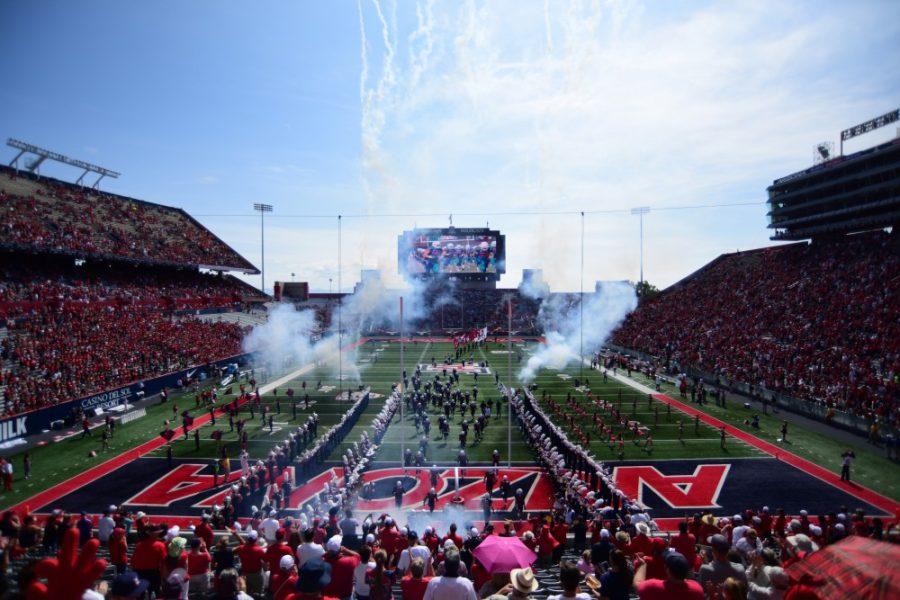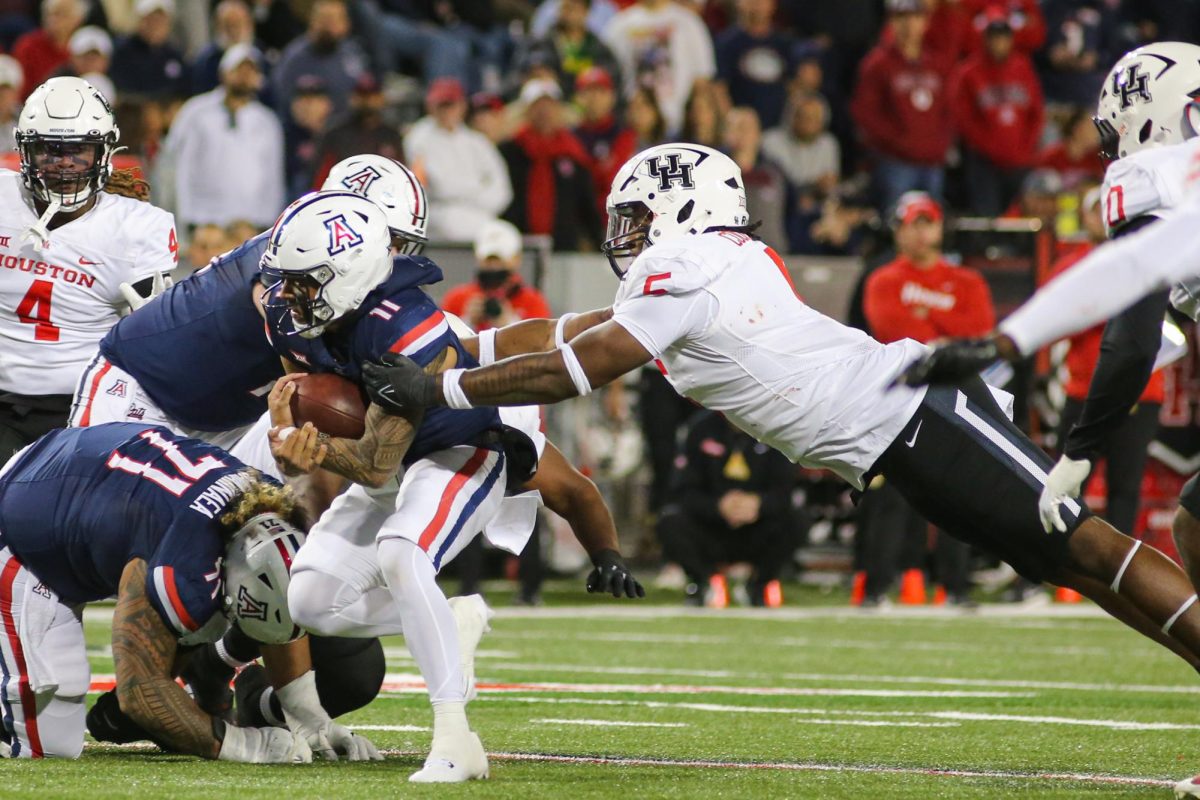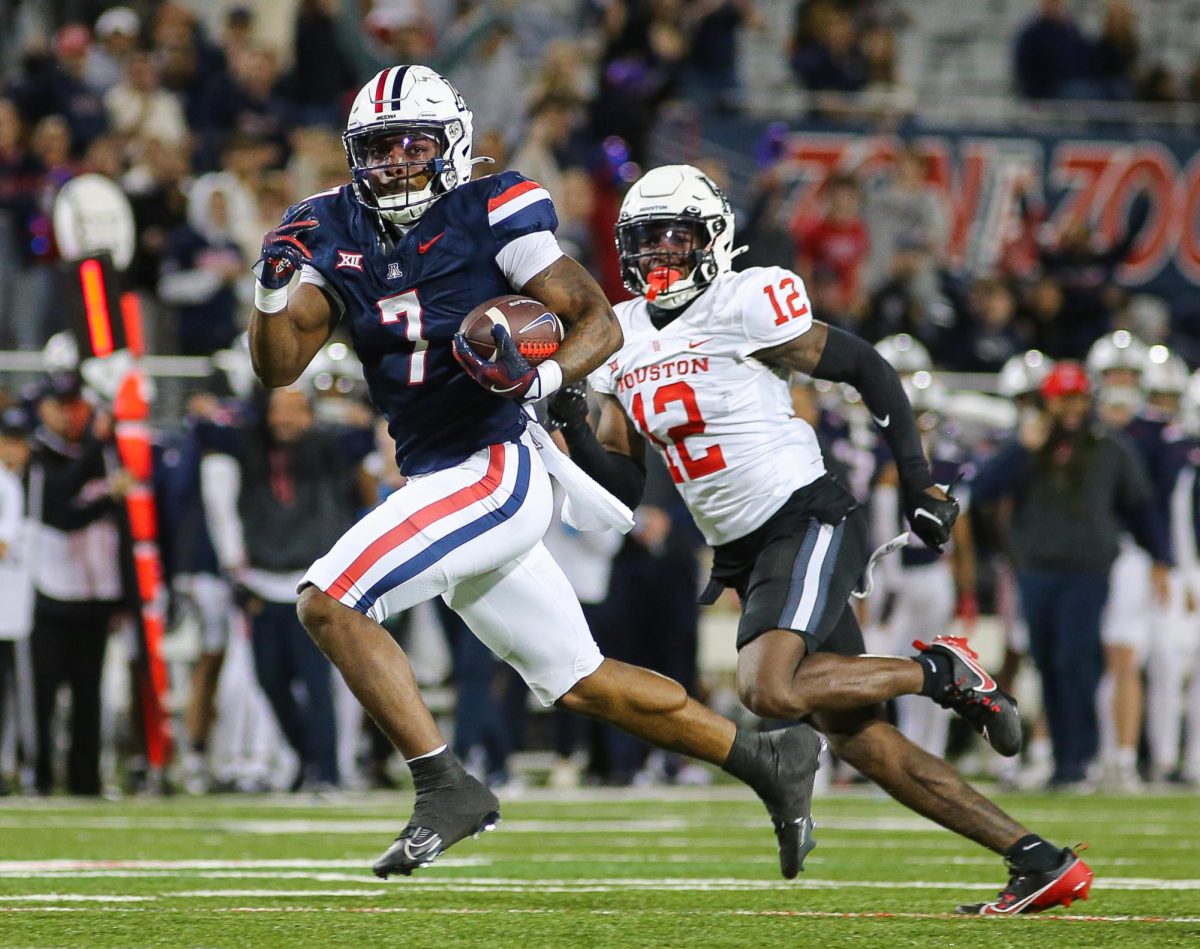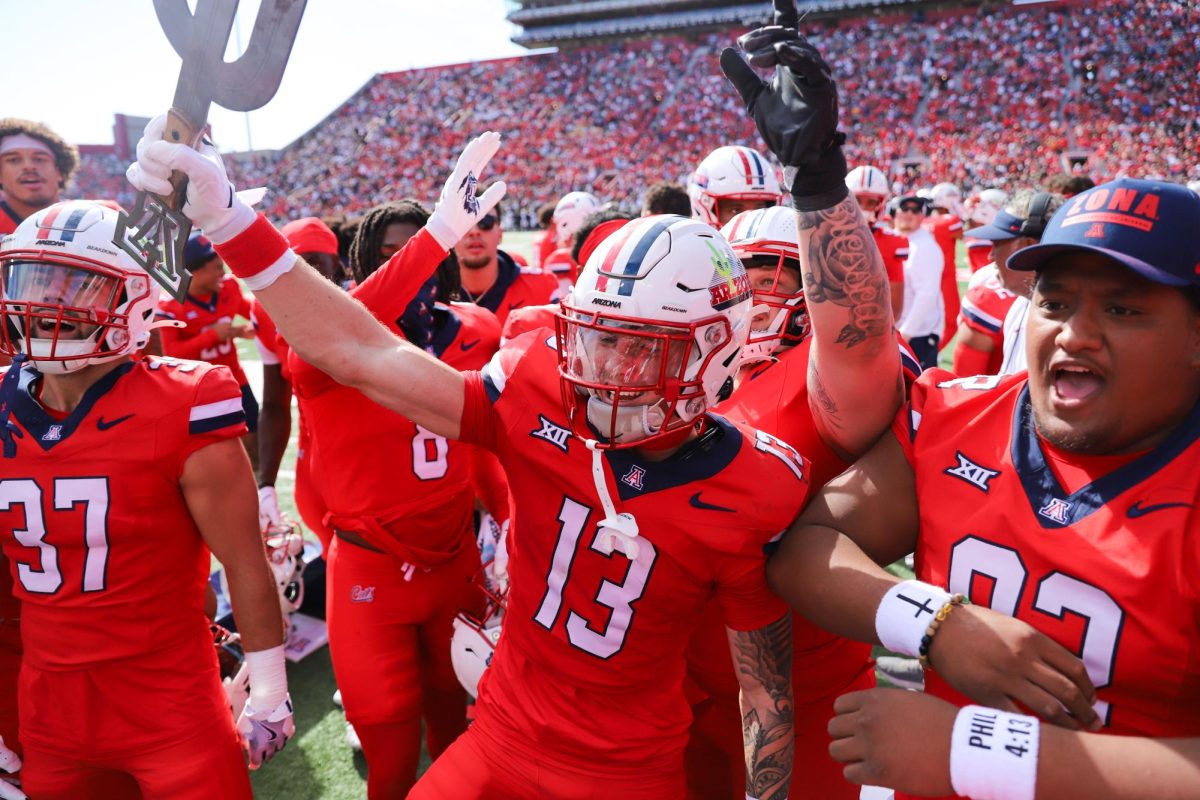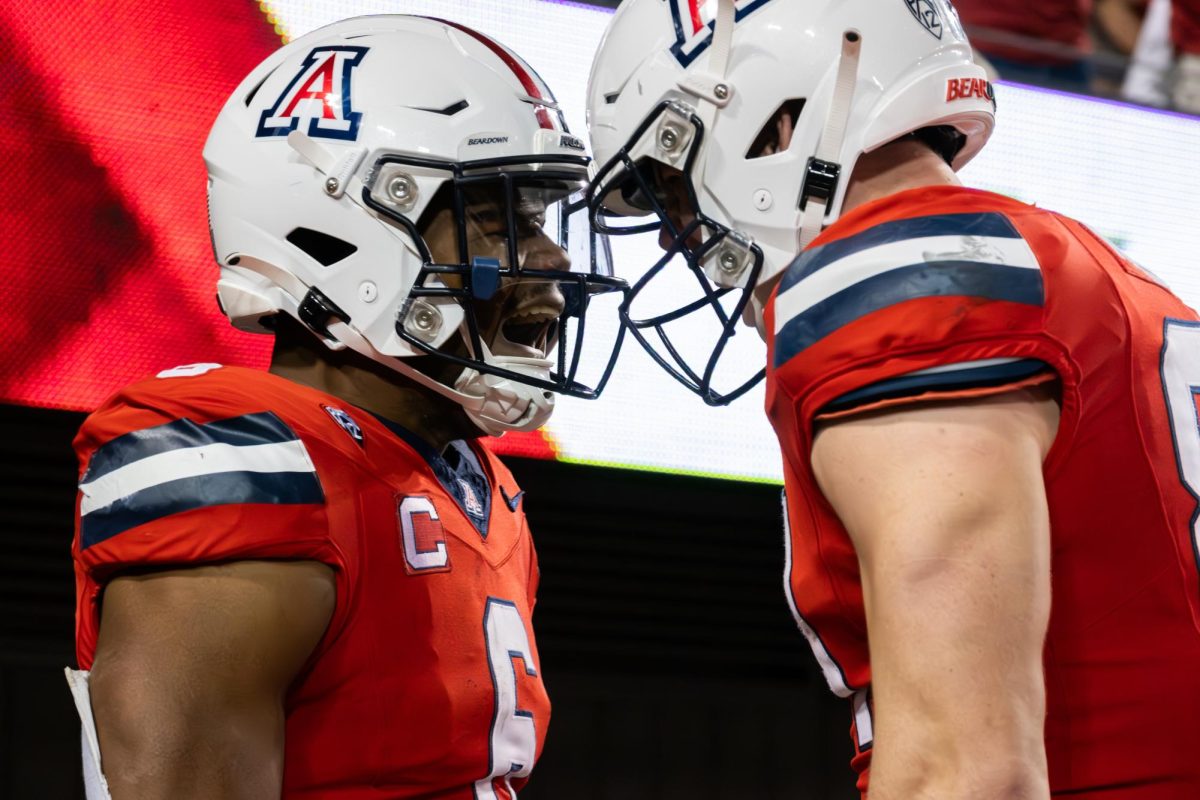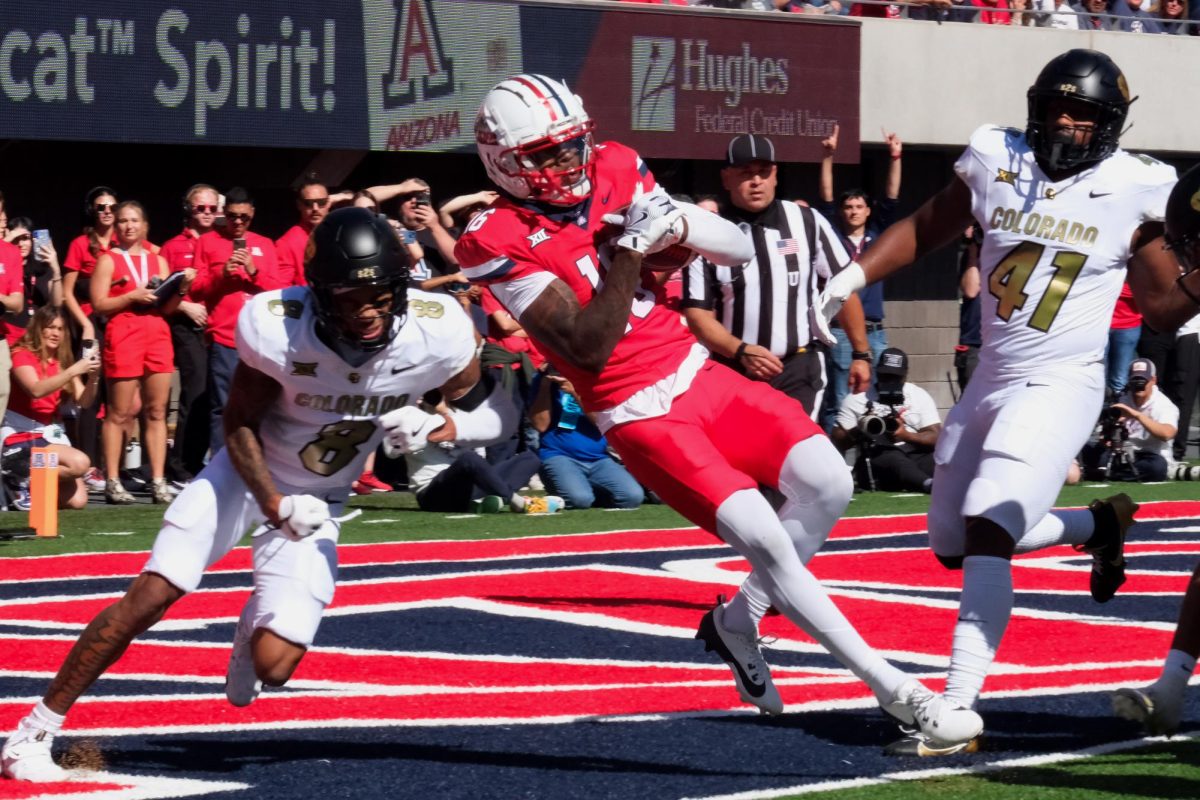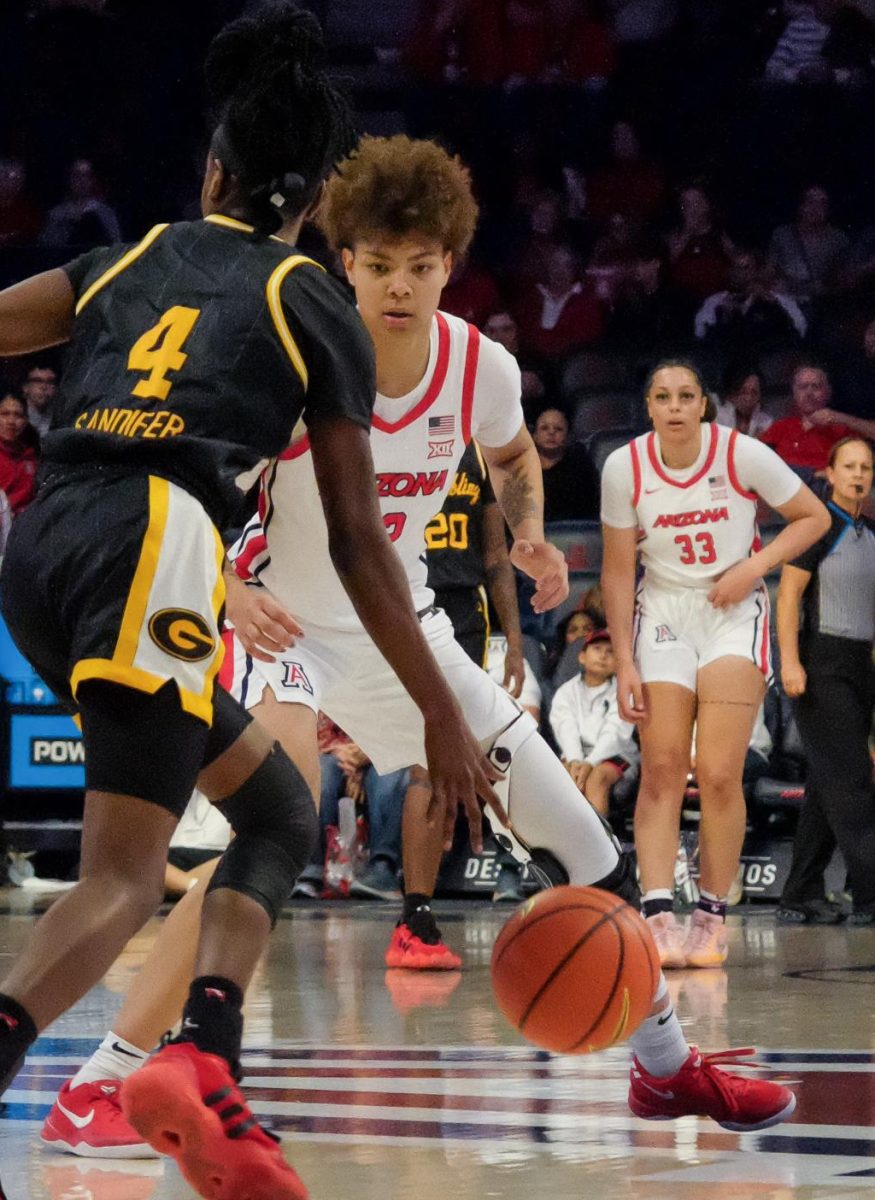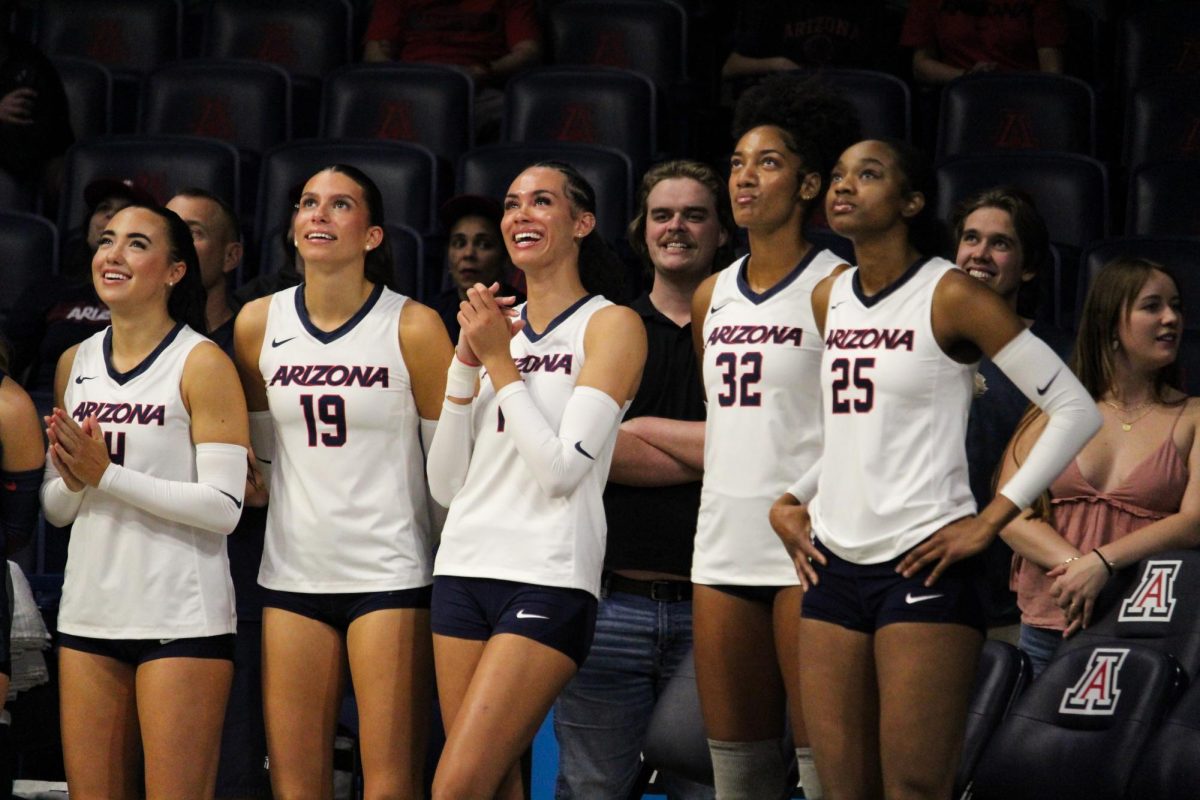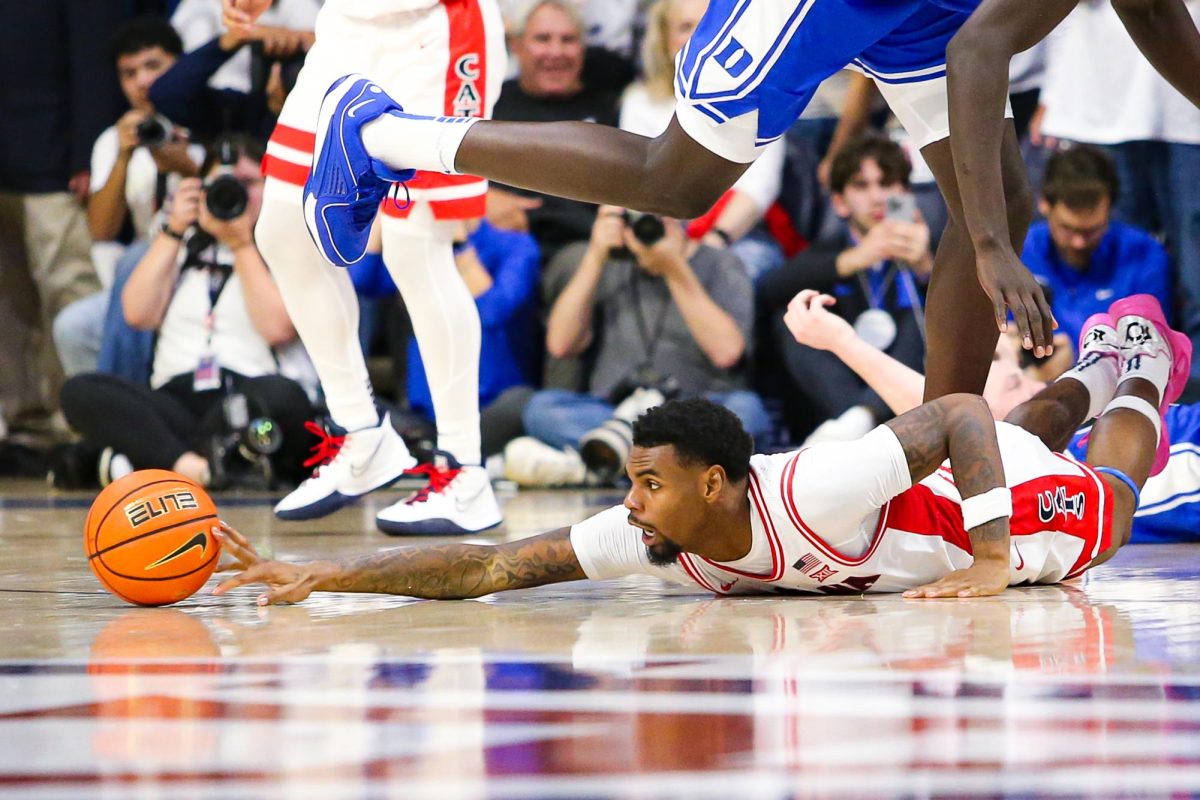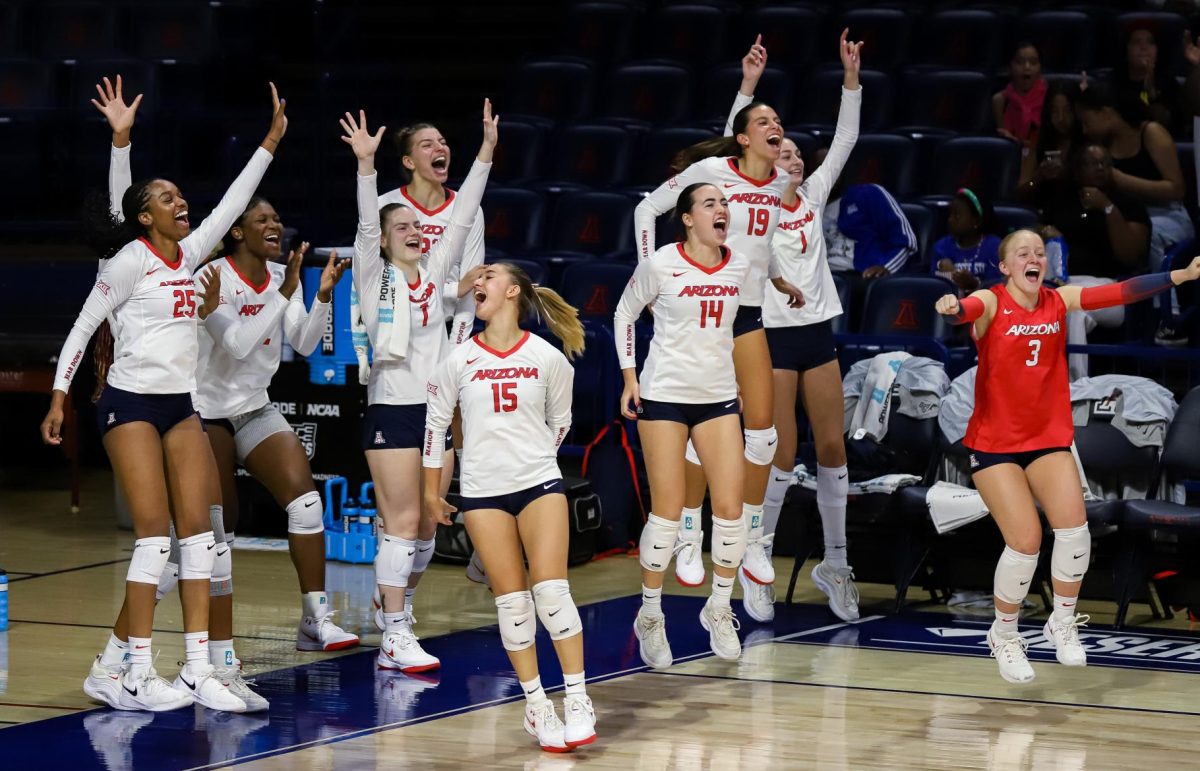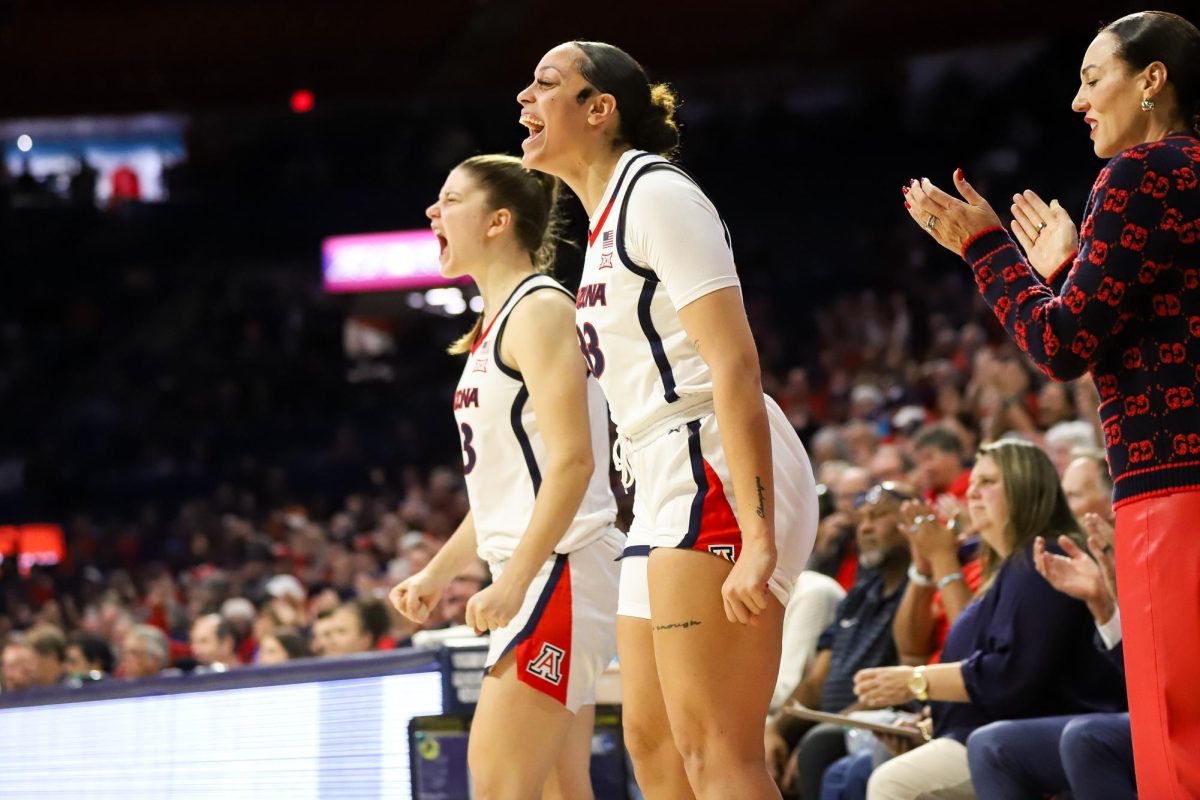The Pac-12 released its full 10-game schedule for each conference team on Friday, July 31. The season is headlined by the Territorial Cup between the University Arizona and ASU followed by USC vs. UCLA and the University of Washington vs. Stanford University in week one. The NCAA 20-hour practice rule will begin on Aug. 3 with training camps beginning on Aug 17. The conference plans on beginning its football season on Sept. 26.
“This remains a very dynamic process,” said Pac-12 Commissioner Larry Scott. “The health and safety of our student-athletes continue to be paramount importance and we continue to be in close consultation with public health authorities and government authorities that will ultimately approve our ability to move forward.”
The Pac-12 hosted a webinar available to the media on Friday, July 31, that included Scott along with ASU’s athletic director Ray Anderson, Stanford University’s football coach David Shaw and Oregon State University’s senior athletic director for sports medicine Doug Aukerman. Here are some highlights from the press conference.
What will happen if a player decides to opt-out in fear of playing in unsafe circumstances? — answered by Shaw
“The approach, particularly in our conference but pretty much nationwide, is that this is a once in a lifetime situation that we are trying to fight our way through and those that are not comfortable, we completely understand if they don’t want to participate. There will be no punishment, we get it. We will try to provide the support that they need to get through this situation.”
How will the conference ensure that the outbreaks in the MLB won’t happen in college football? — answered by Scott
“Building in flexibility to the schedule is so important. If there is an outbreak on a team and we’re going into this expecting that to be a real possibility, and if that happens, it will require a 14-day quarantine period for anyone that is close contact. It will require the rescheduling of a game. Basically, we have two opportunities for each team to reschedule a game or delay the start … If a team can’t start on time, we have the bye week to reschedule. If there’s an interruption and a game needs to be rescheduled, it can be rescheduled into the bye week or the Dec. 10 week that we have. We’re actually going into this expecting that sort of scenario to happen.”
RELATED: Territorial Cup in Week One highlights Pac-12 new 10-game schedule
What was the thinking behind scheduling Arizona vs. ASU and USC vs. UCLA week one rather than traditionally scheduling those games at the end of the year? — answered by Scott
“There were a lot of factors that went into it. One of the aspects of thinking that went into USC and UCLA and Arizona and Arizona State being early, and in this case being week one, is we realize that, at the moment, those are real hotspots. The requisite authorities and approvals necessary are not there yet. By putting them in the first week, in the event that these teams and each of these two markets playing against each other winds up not being possible, they become very easy to reschedule. Each of those could reschedule into the bye week that you’ll see on the calendar a few weeks later or to the December week.”
What are the benefits of continuing to have Thursday and Friday night games on the schedule rather than allowing teams and players to have a few extra days to recover and follow the health and safety protocols? — answered by Scott
“Friday night games and the occasional Thursday night games have been a feature of Pac-12 football for some time and folks have been comfortable with it. The medical advice that we got does not put student-athletes or others in a compromised position … it has not been felt thus far that there is a significant health and safety consideration between Friday night games and Saturday games.”
What is the overall confidence level of having a full football season this year? — answered by Scott
“I don’t know. We are all trying to take a step at a time. We are cautiously optimistic as we sit here today and as Dr. Aukerman mentioned that we’ve tried to reinforce, there are elements that are out of our control and are going to have a lot of influence on that question. What’s happening in our communities? What’s happening on our campuses? A lot of that has to do with mask-wearing, social distancing and other things. What happens when thousands of our students return to campus? We don’t have the answer to that question.”
Is it possible to only play a portion of the season if there is a COVID-19 outbreak? — answered by Scott
“We’re trying to go about this in a very measured, thoughtful and step-by-step way … We realize going into this that for all the reasons we’ve talked about on this call that games can be rescheduled or may not be possible. Nobody can predict what is going to happen. We may not even get 10 games in. We are hopeful and cautiously optimistic that we will and that’s the plan but if we are not able to, we may wind up with teams playing less than 10 games when we still try to finish on Dec. 19.”
Will fans be allowed to attend games? — answered by Scott
“At the moment, we do not believe that’s a conference decision. There’s been a lot of collaboration between our schools and sharing our best practice on how to deal with scenarios with limited fans but we really feel that it’s appropriate for us to defer to public health authorities, the county-level state county to determine that. We could have differences but we feel comfortable with that.”
Follow Jacob Mennuti on Twitter



